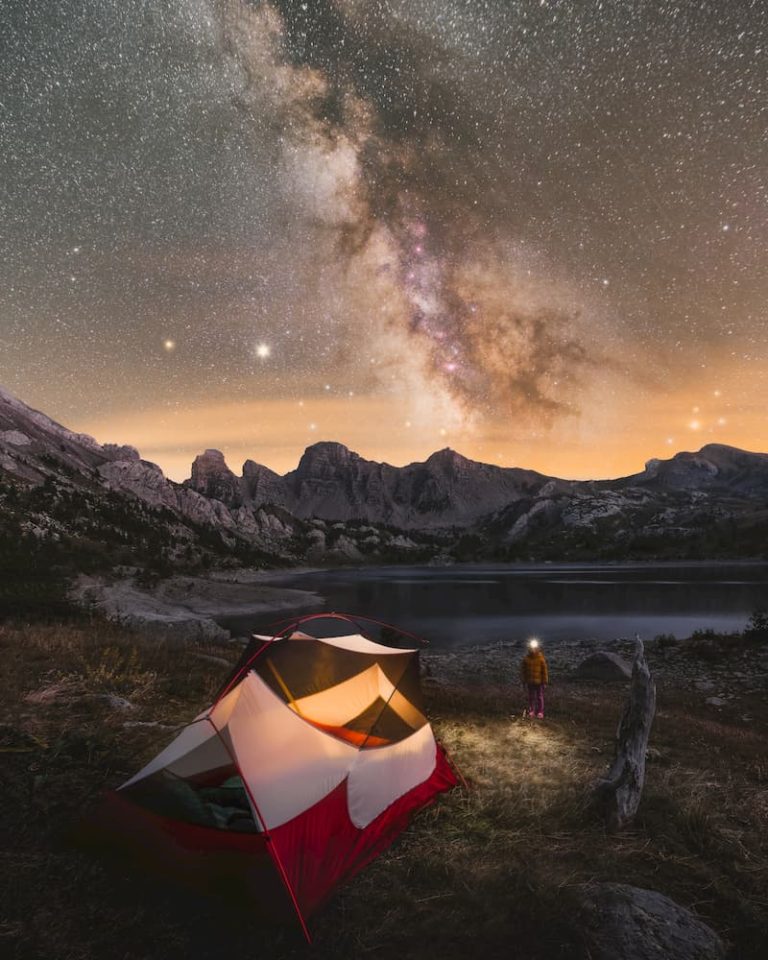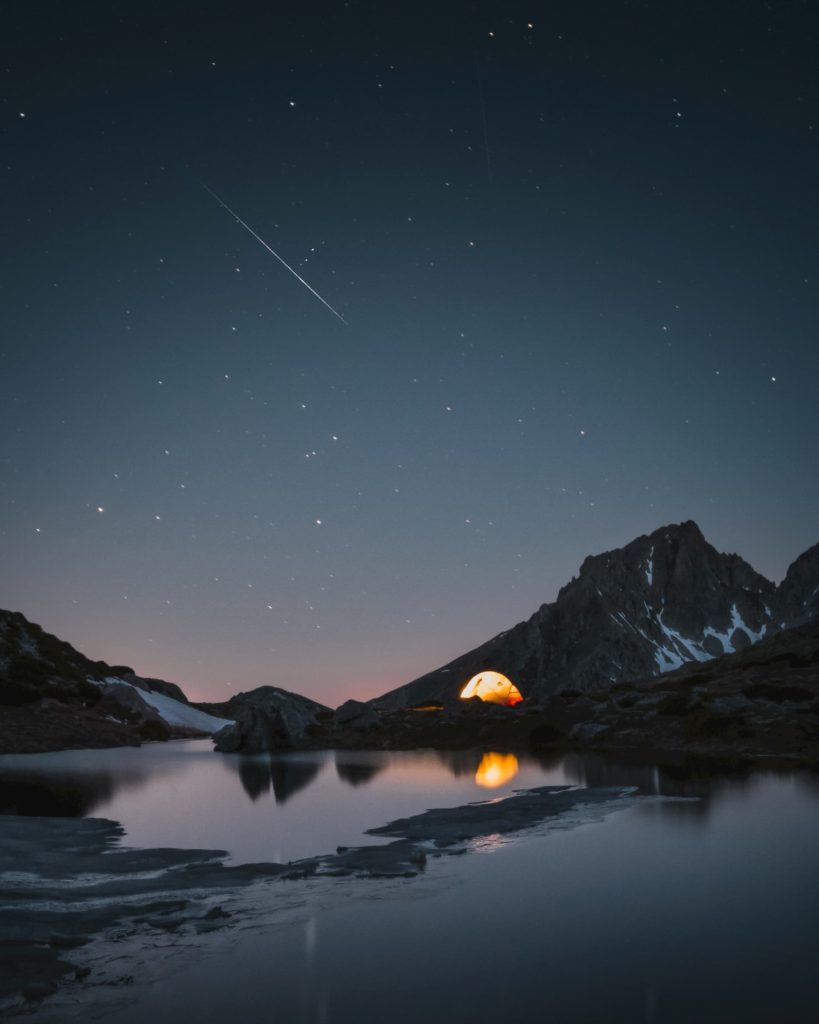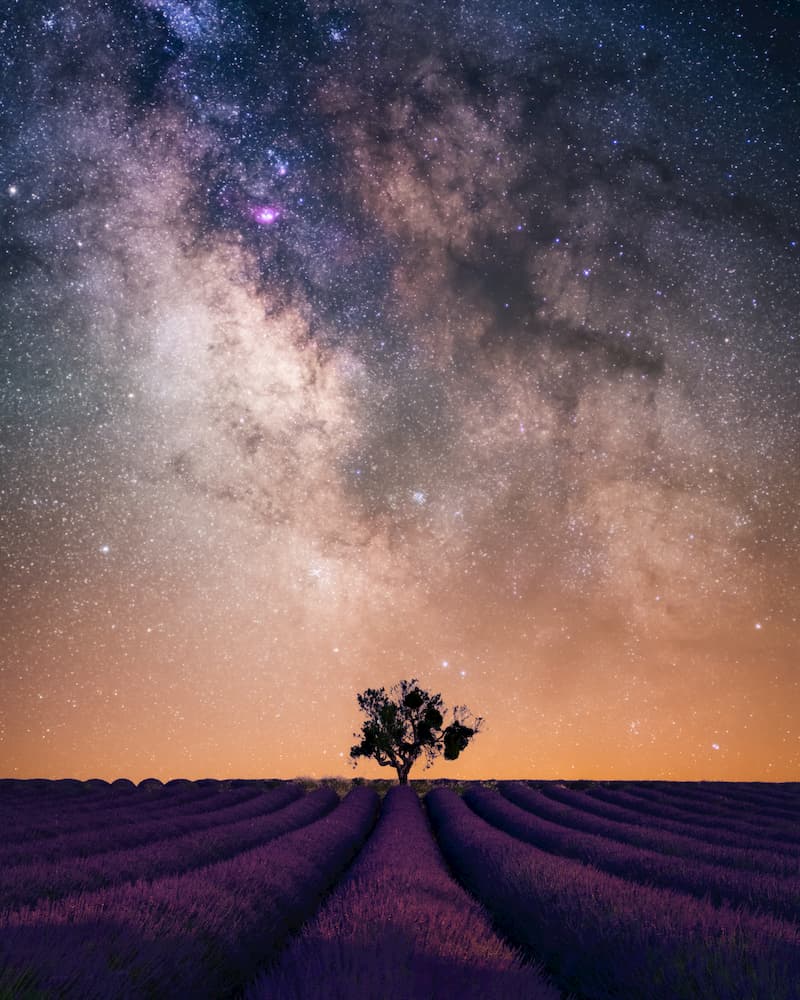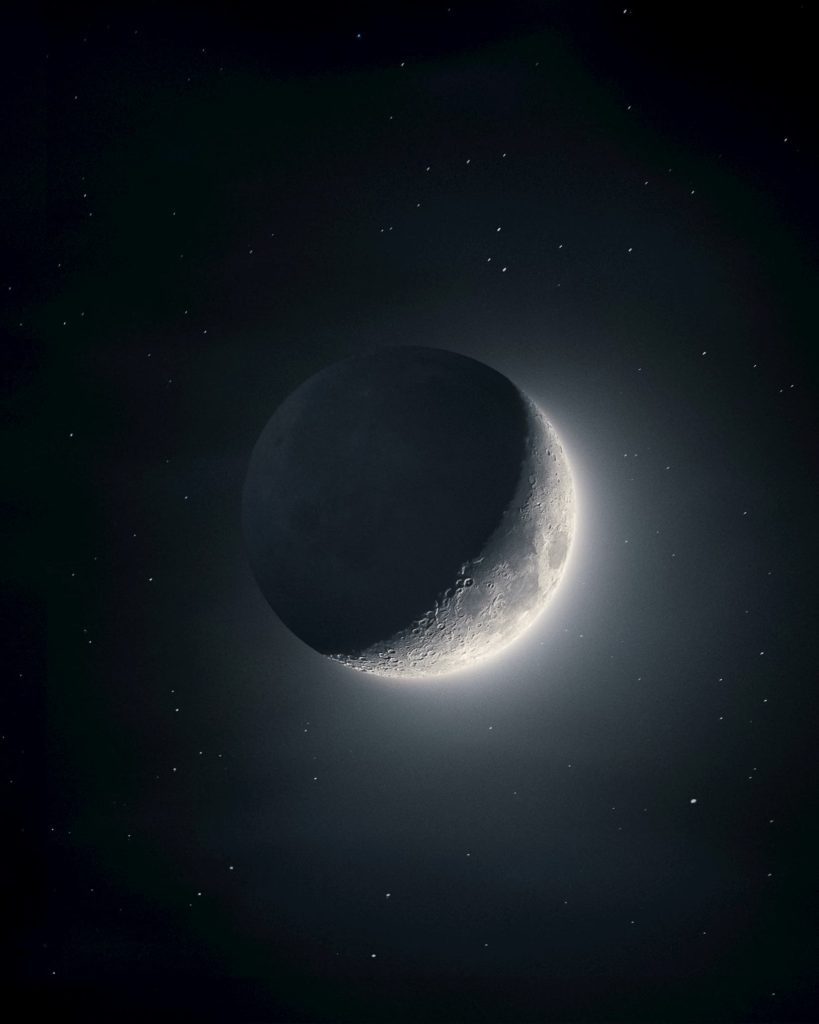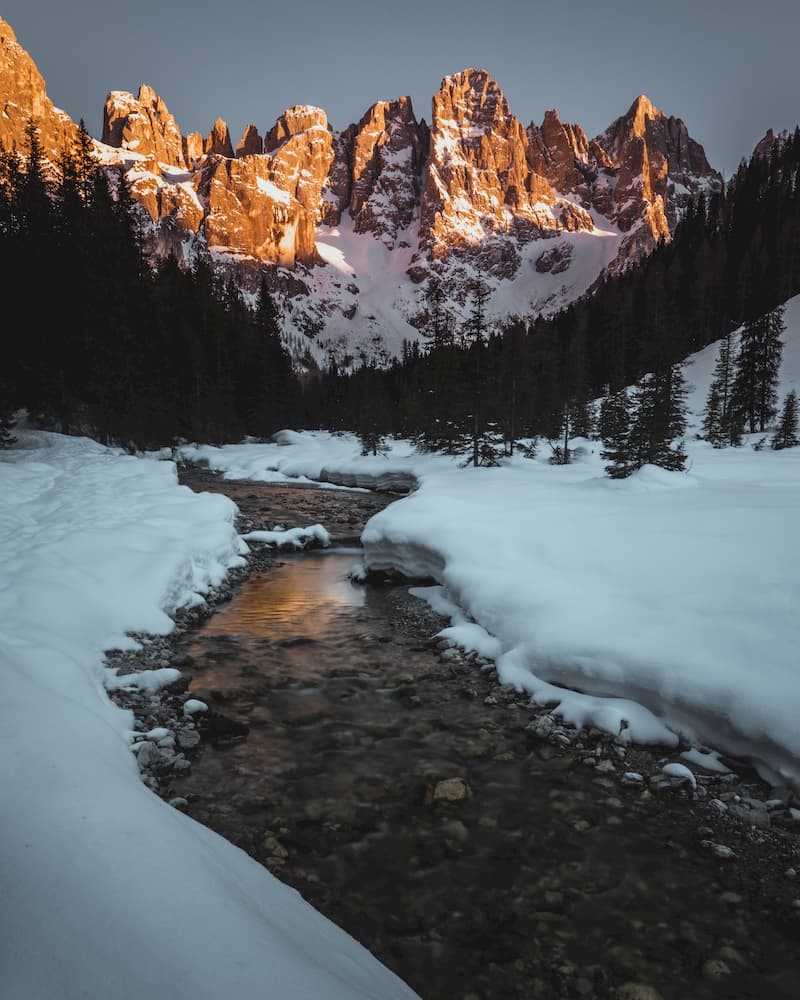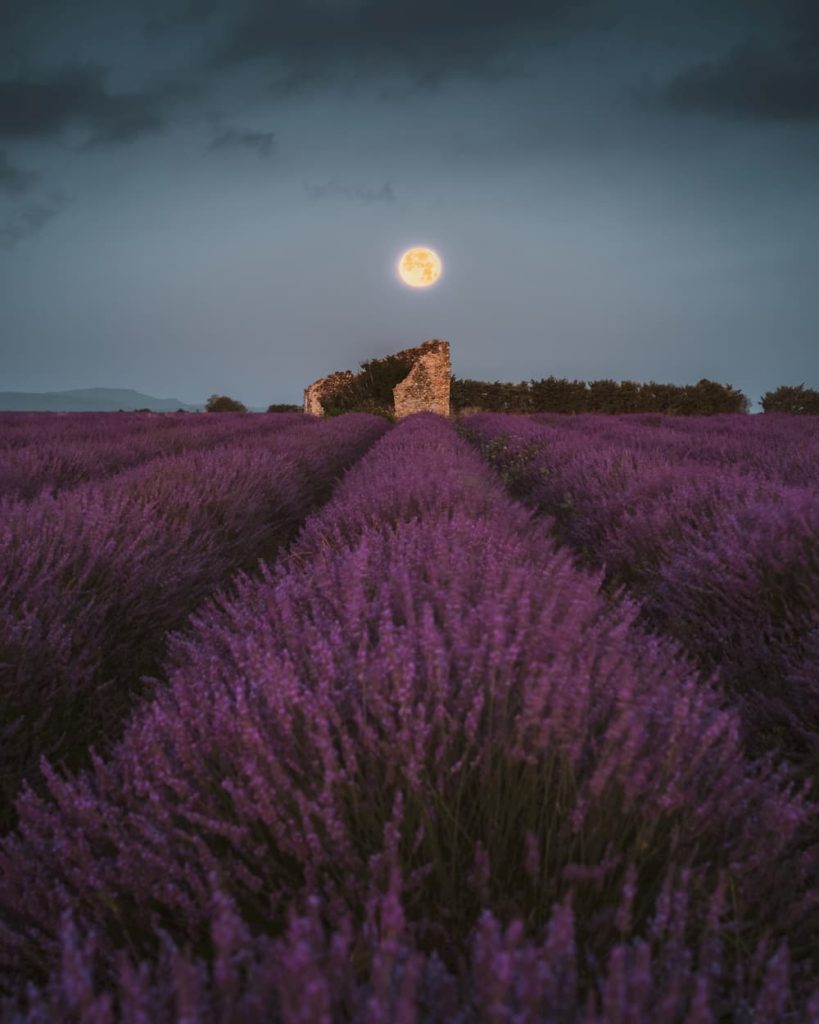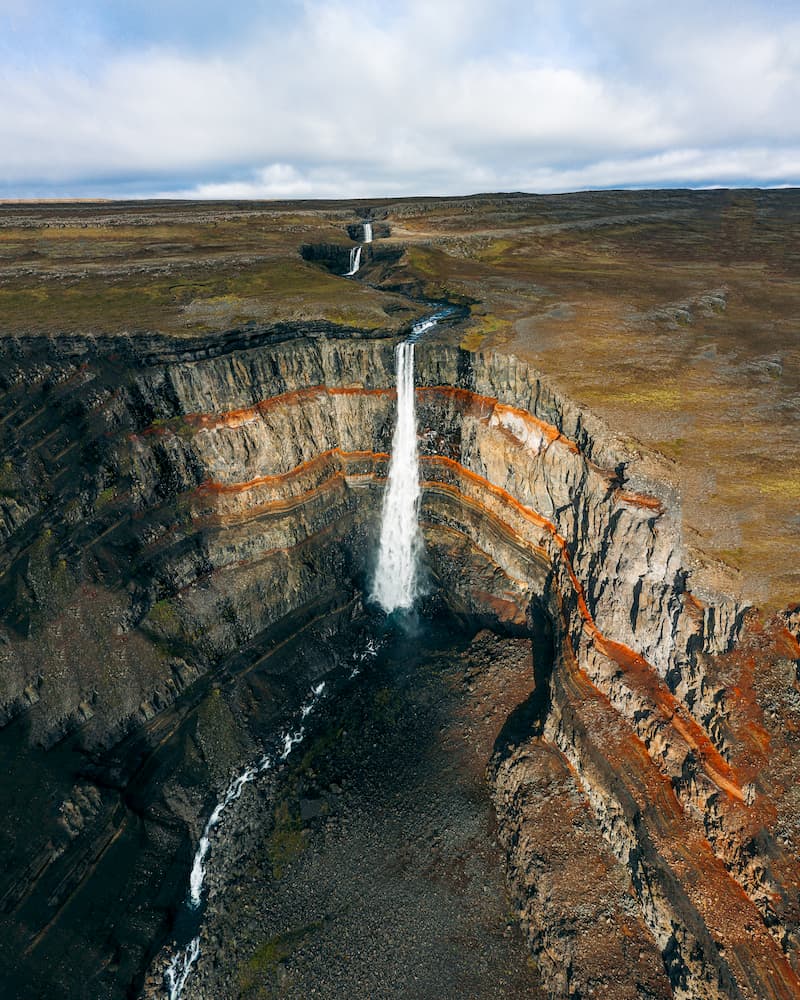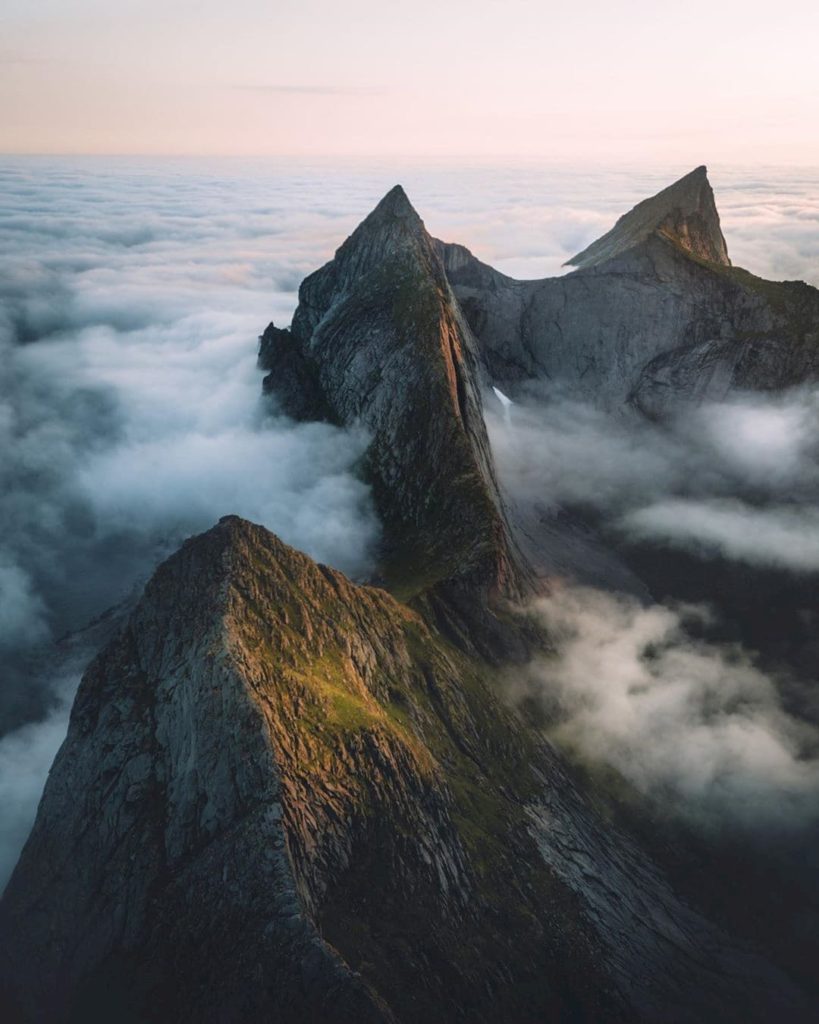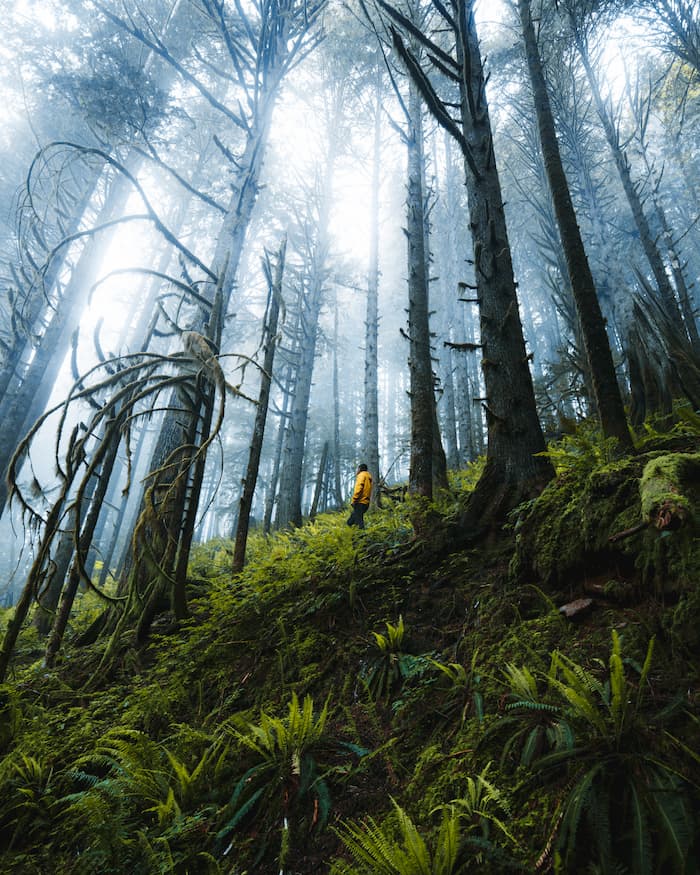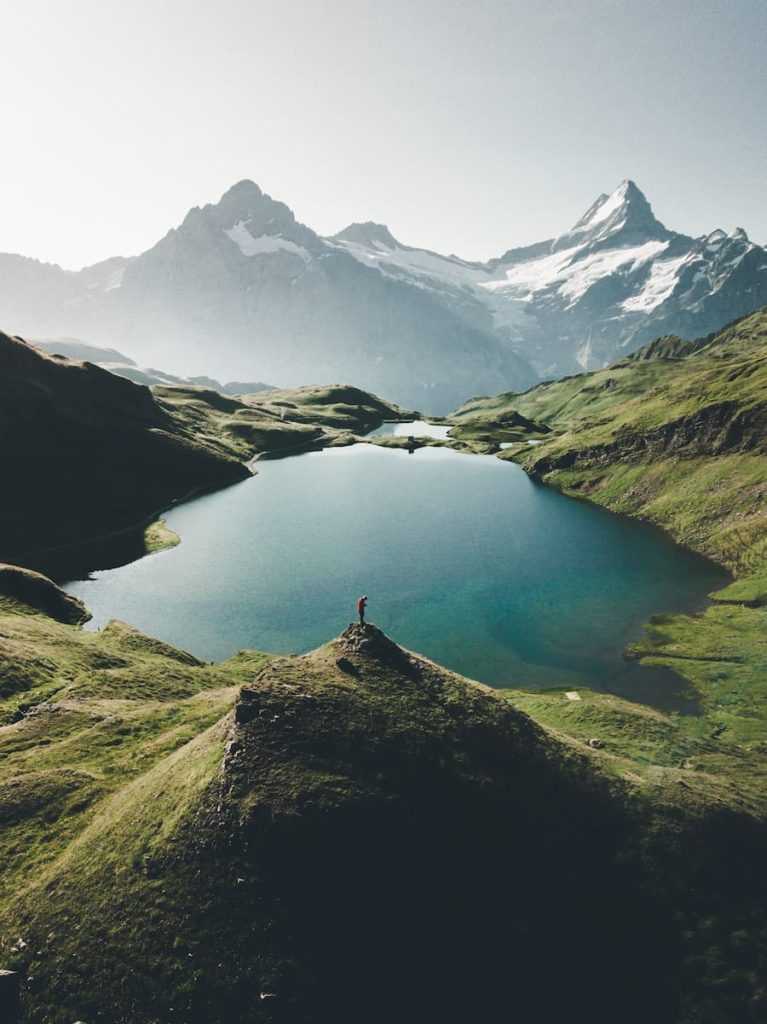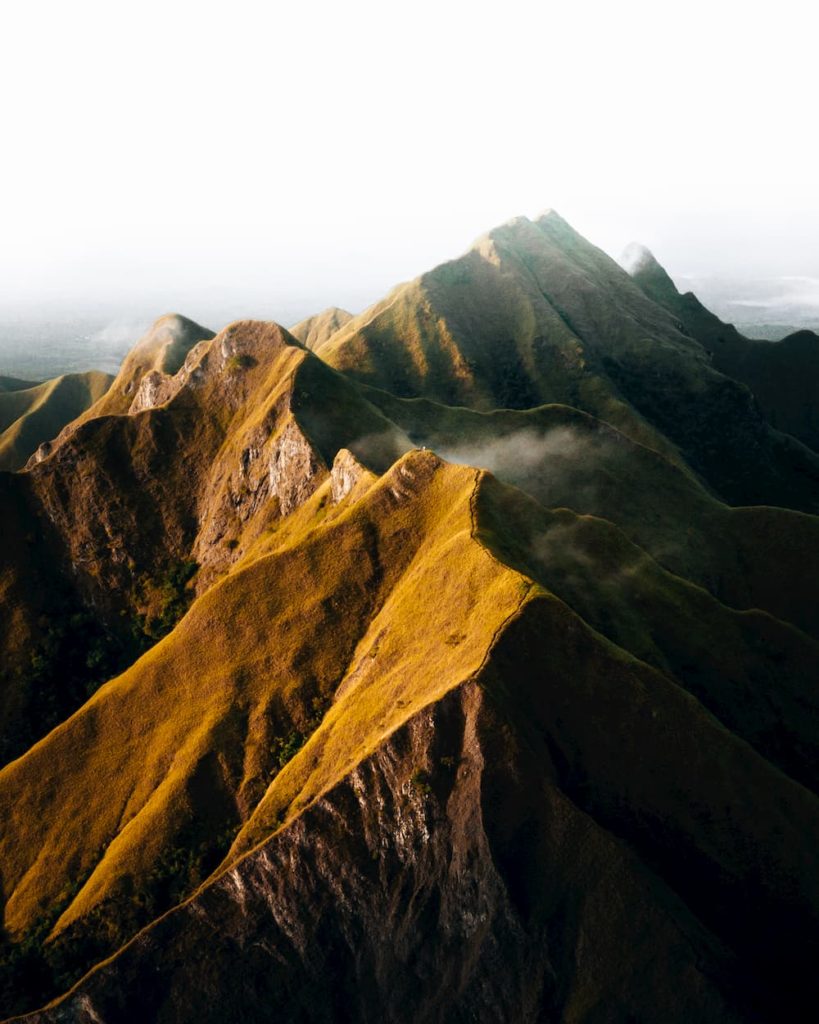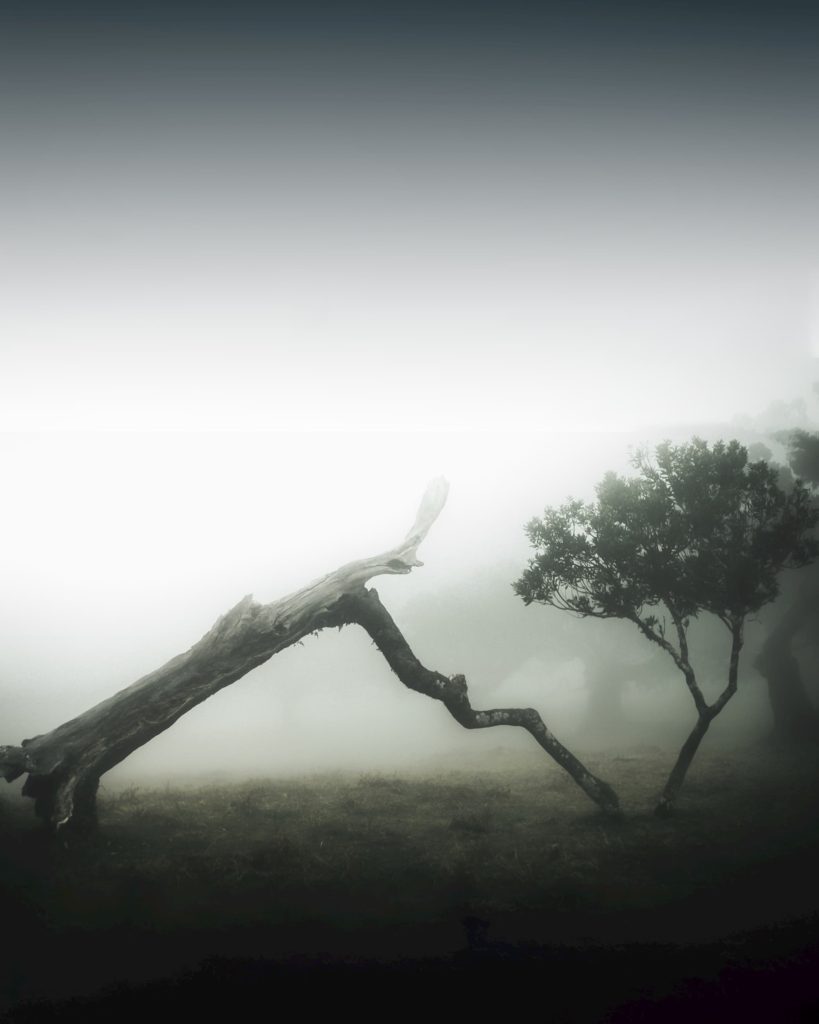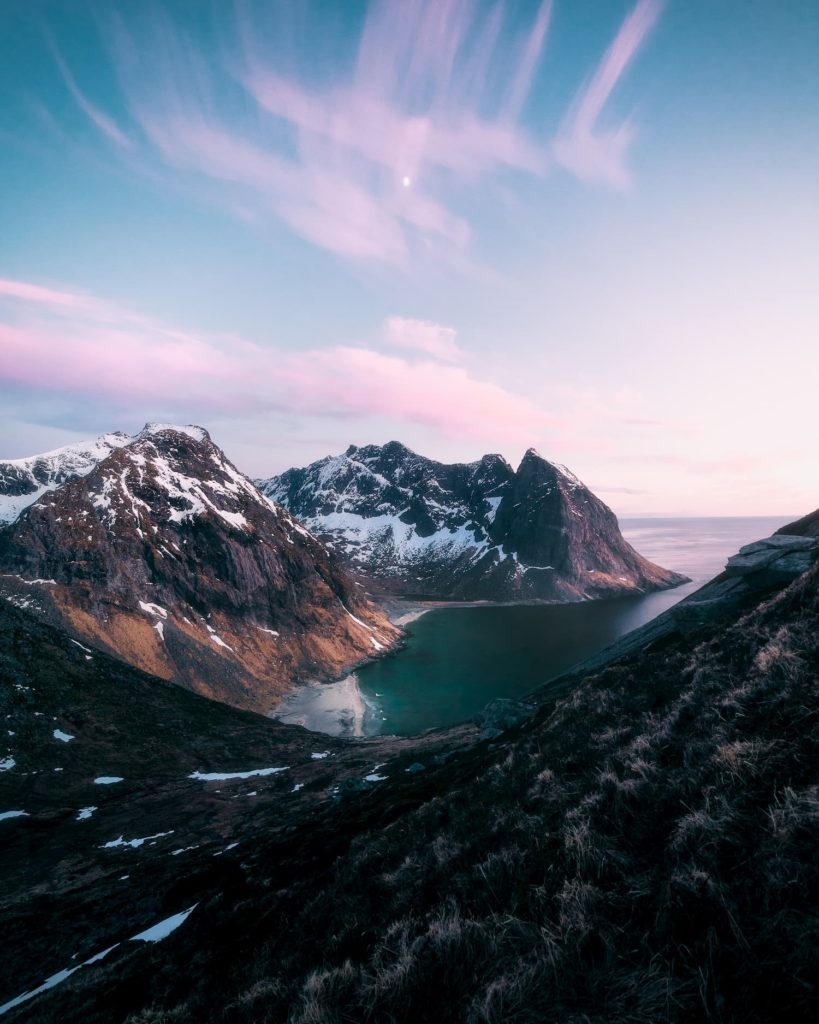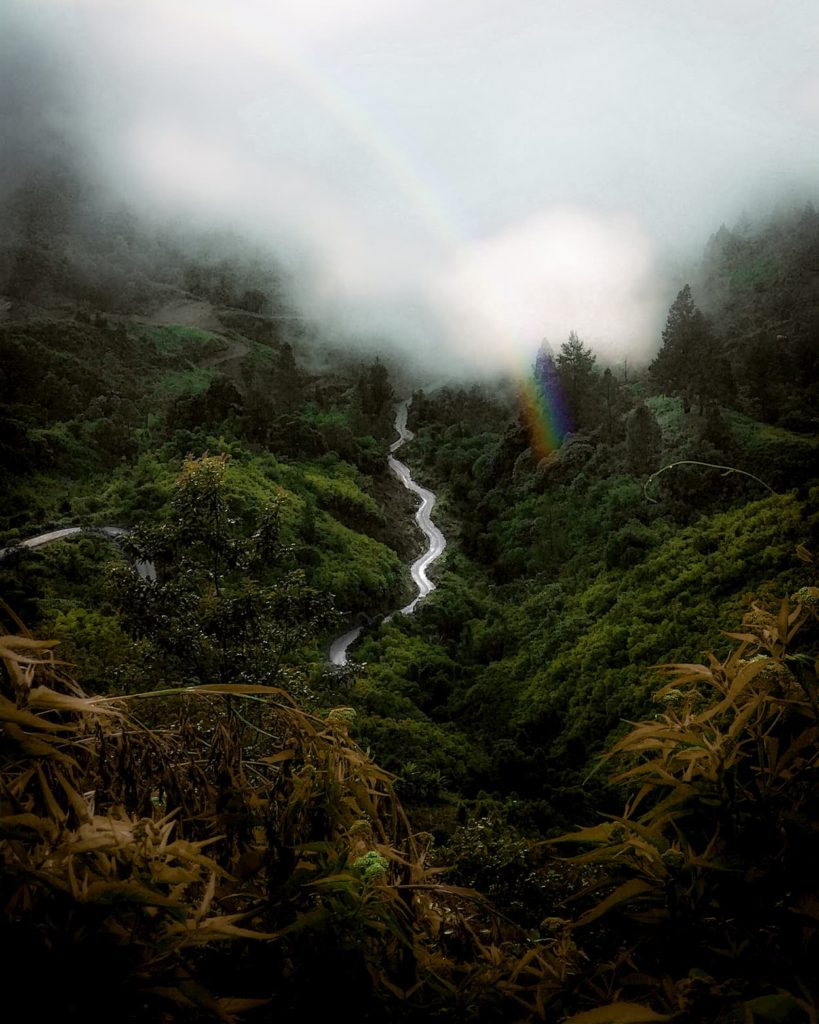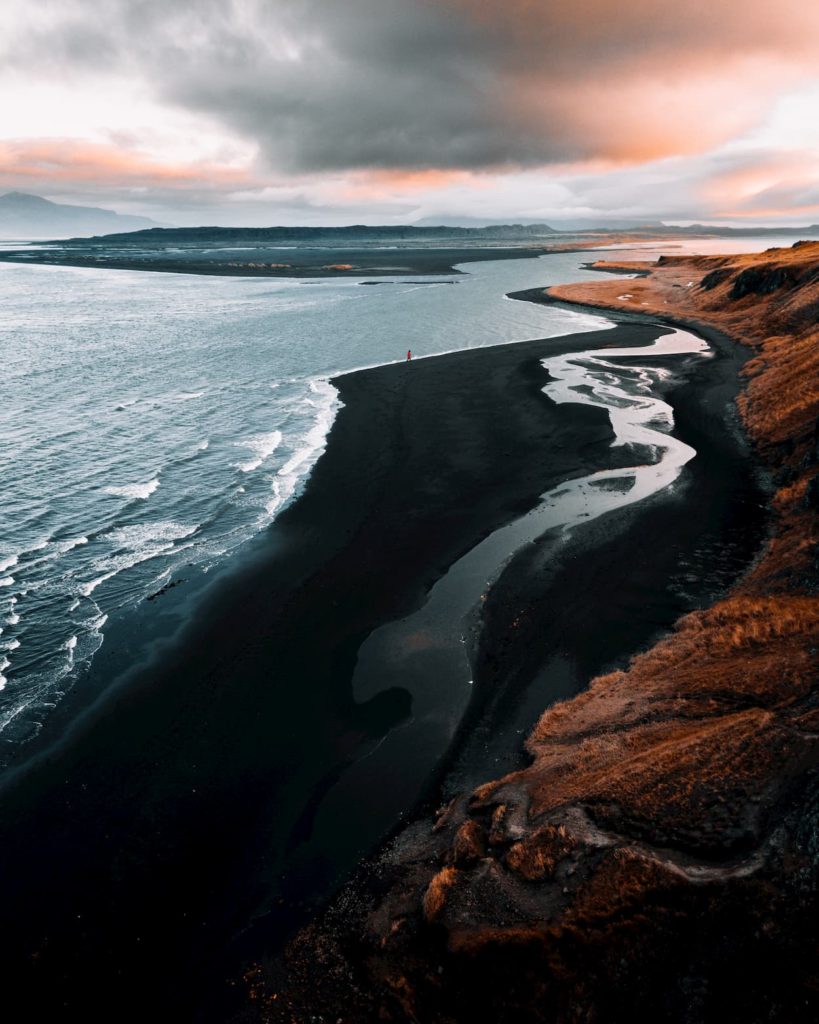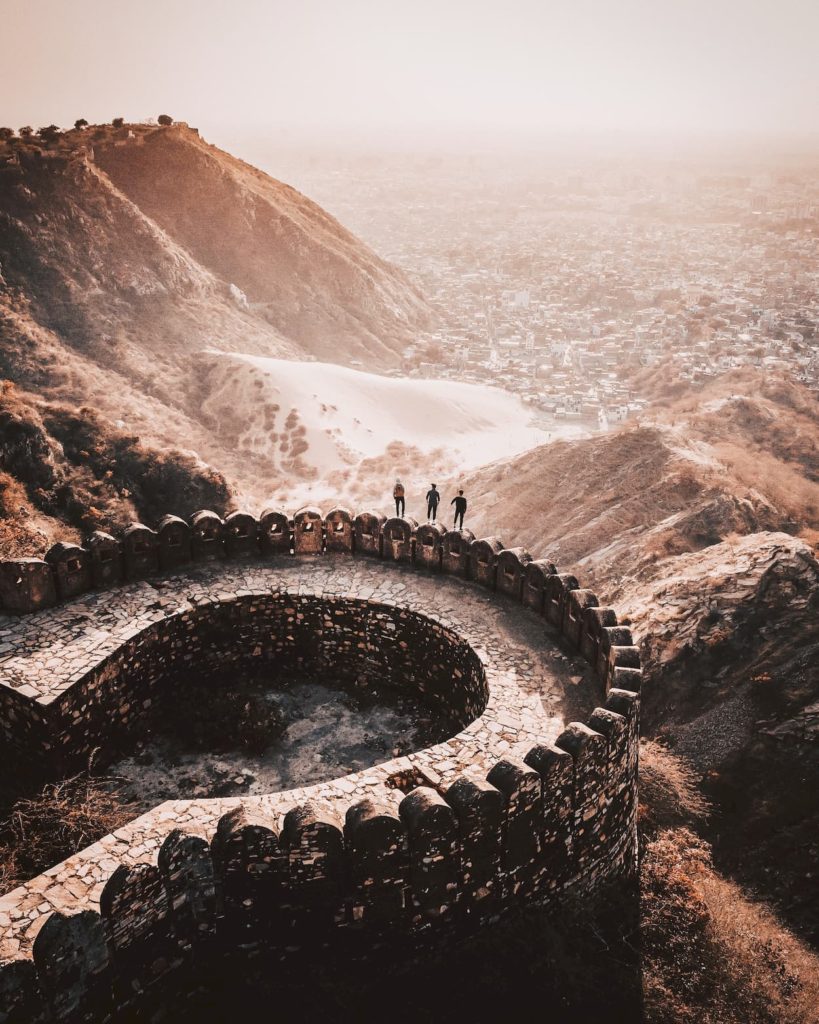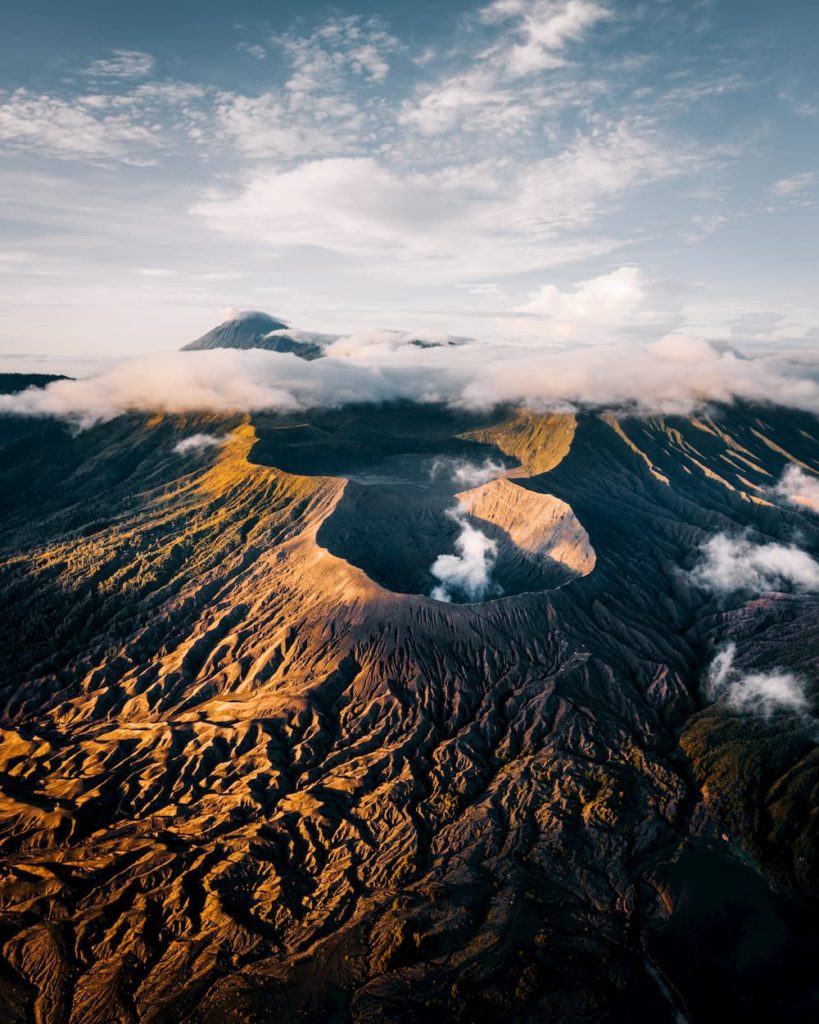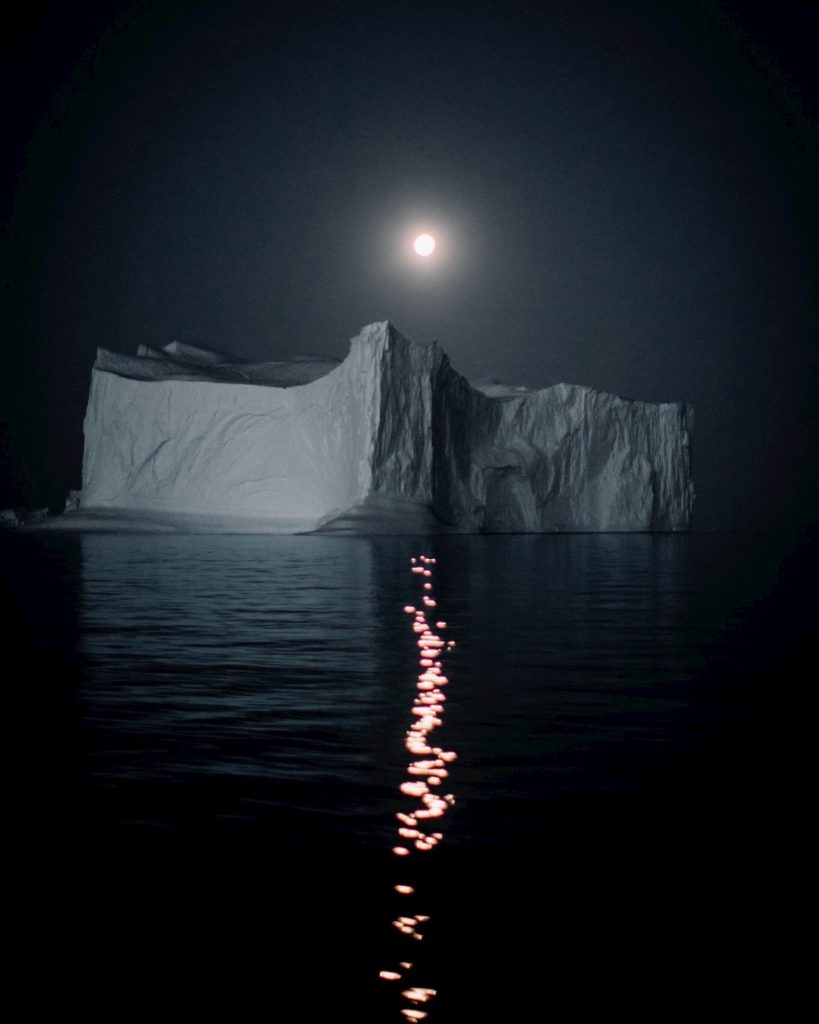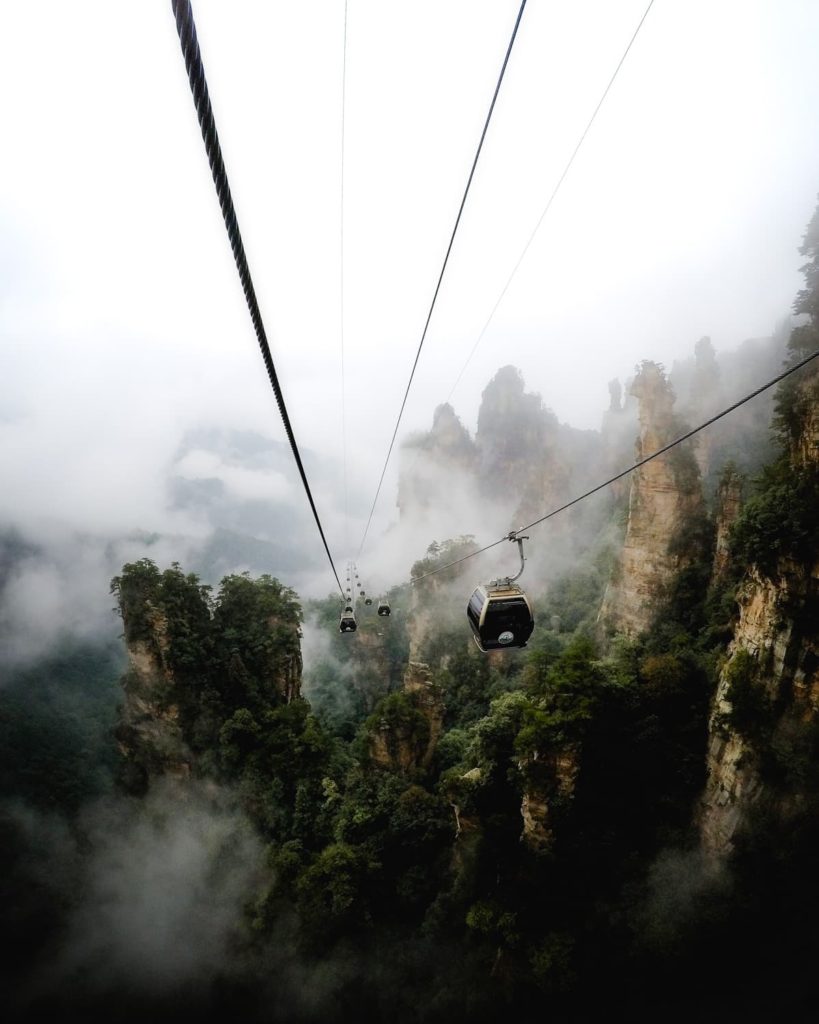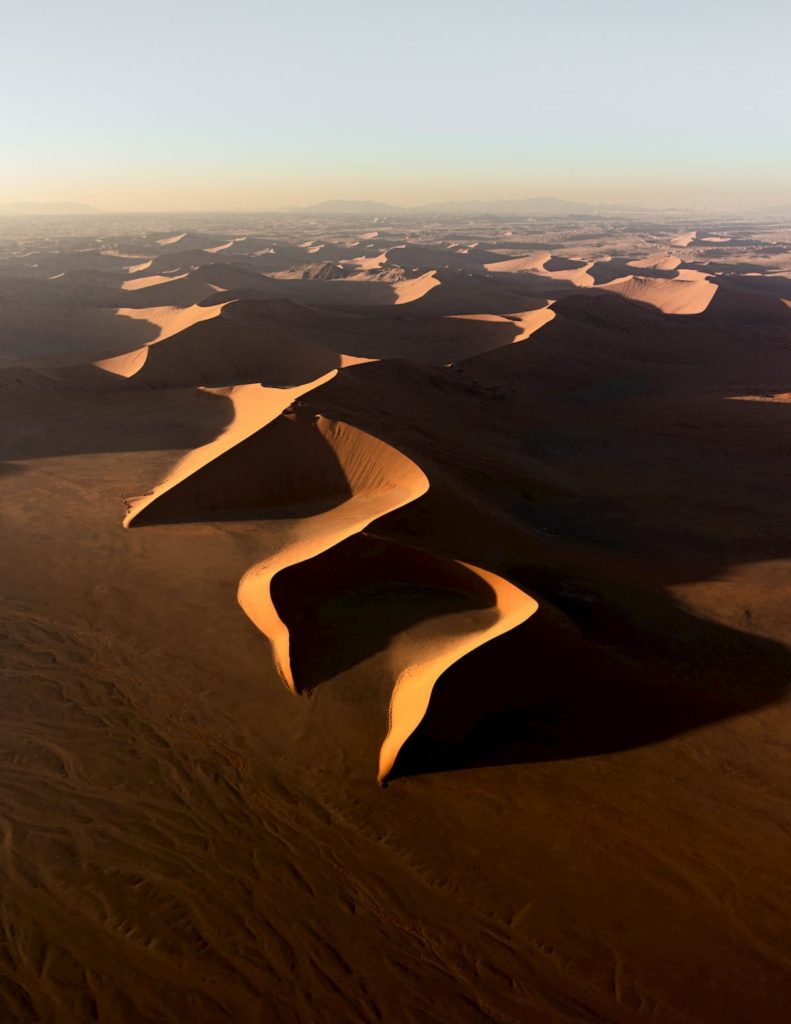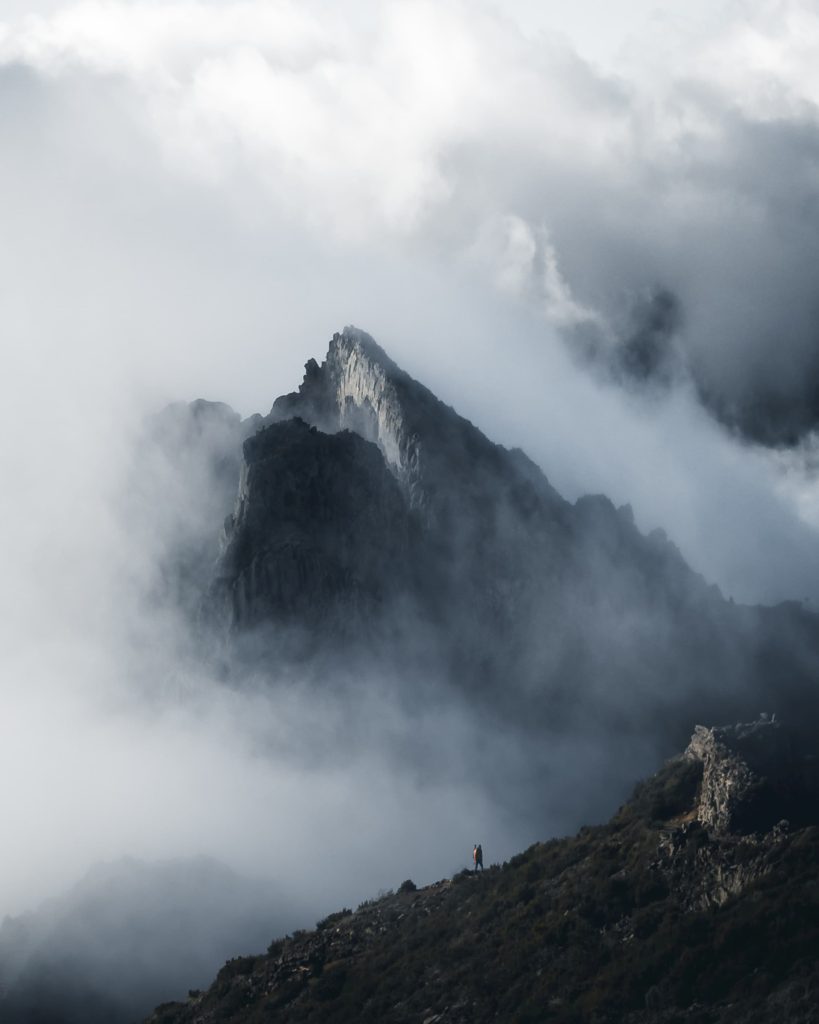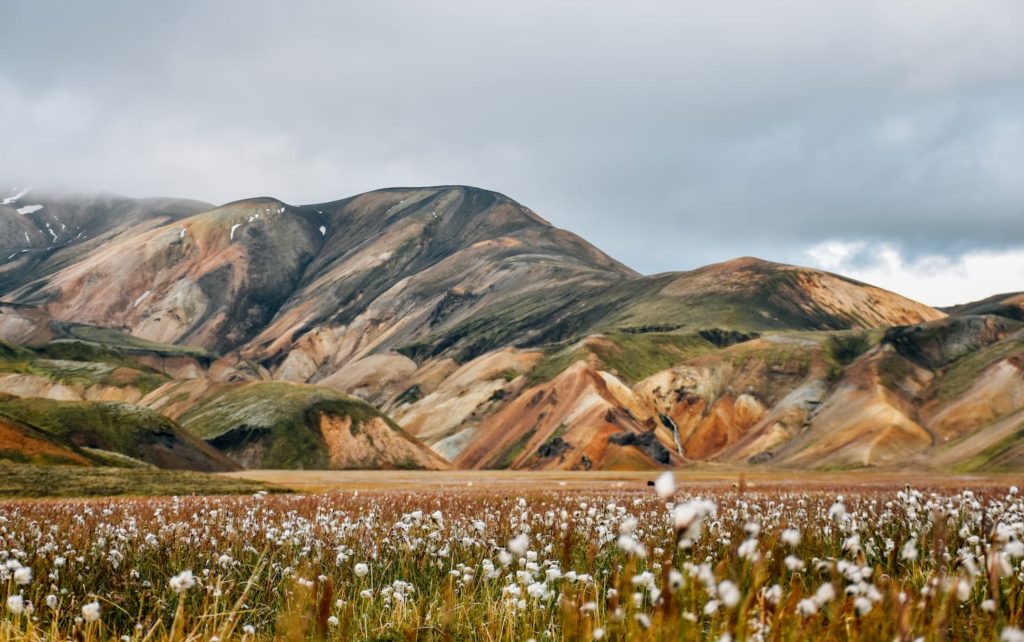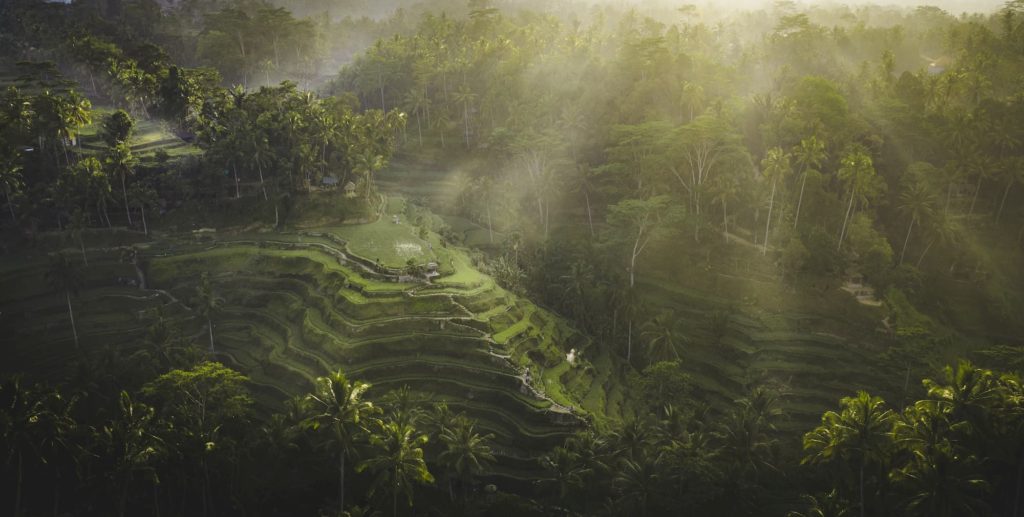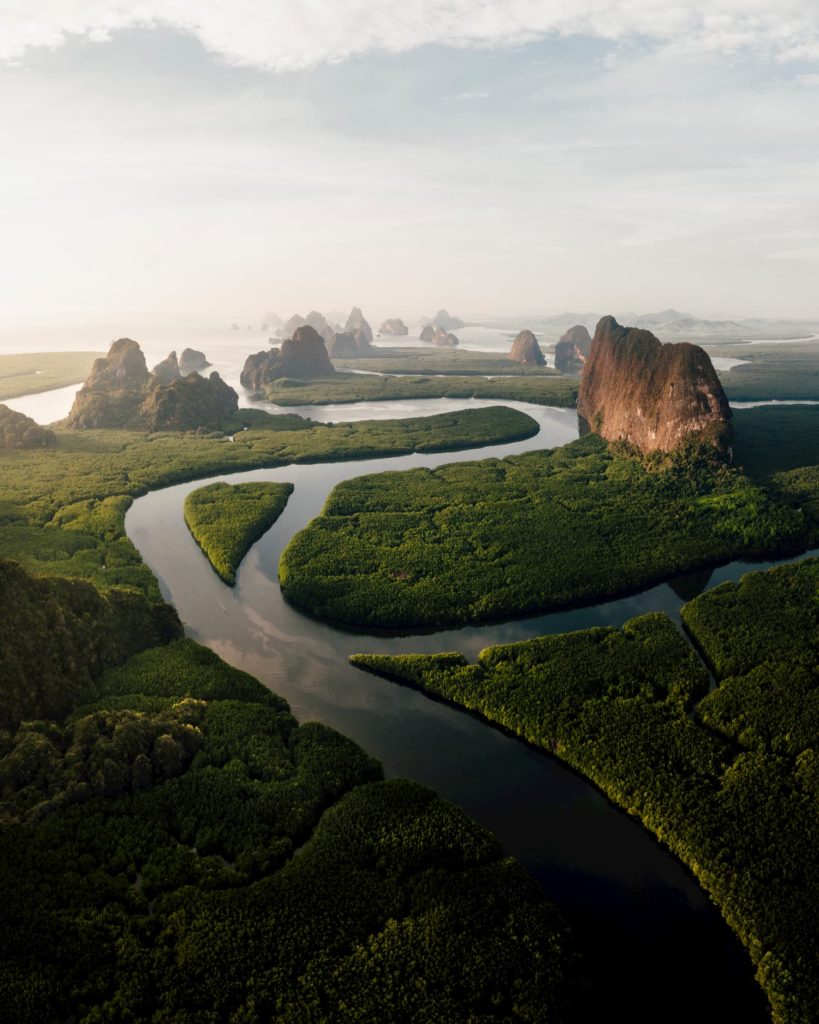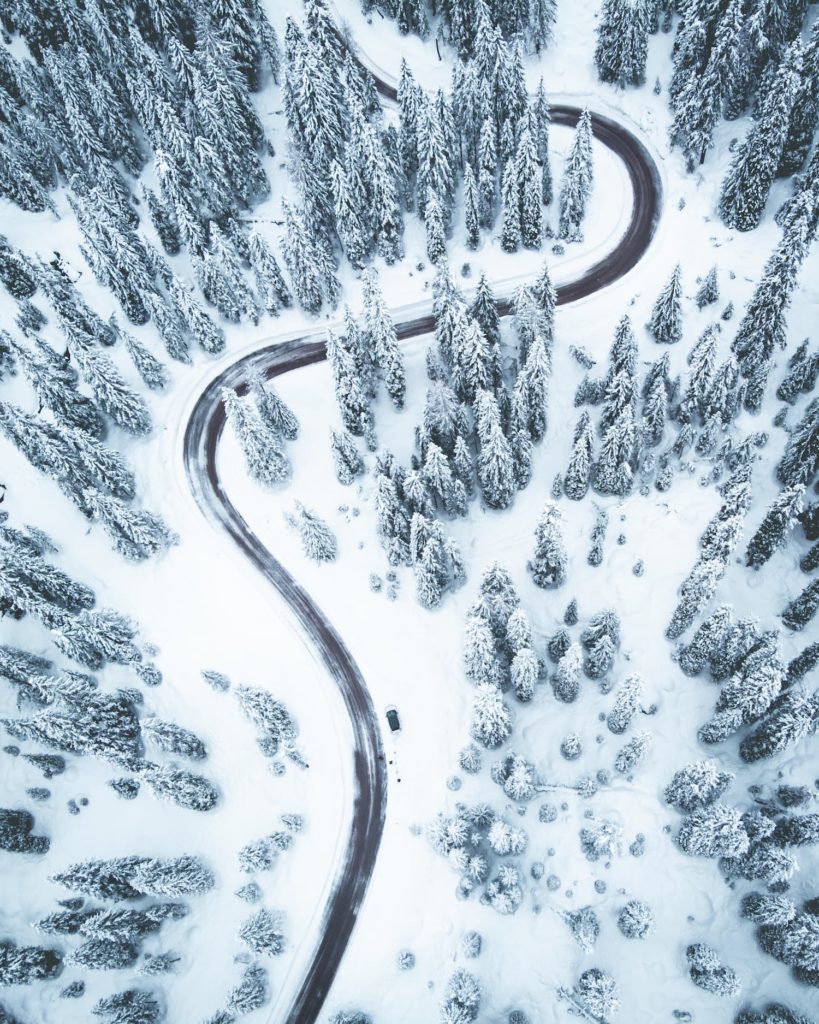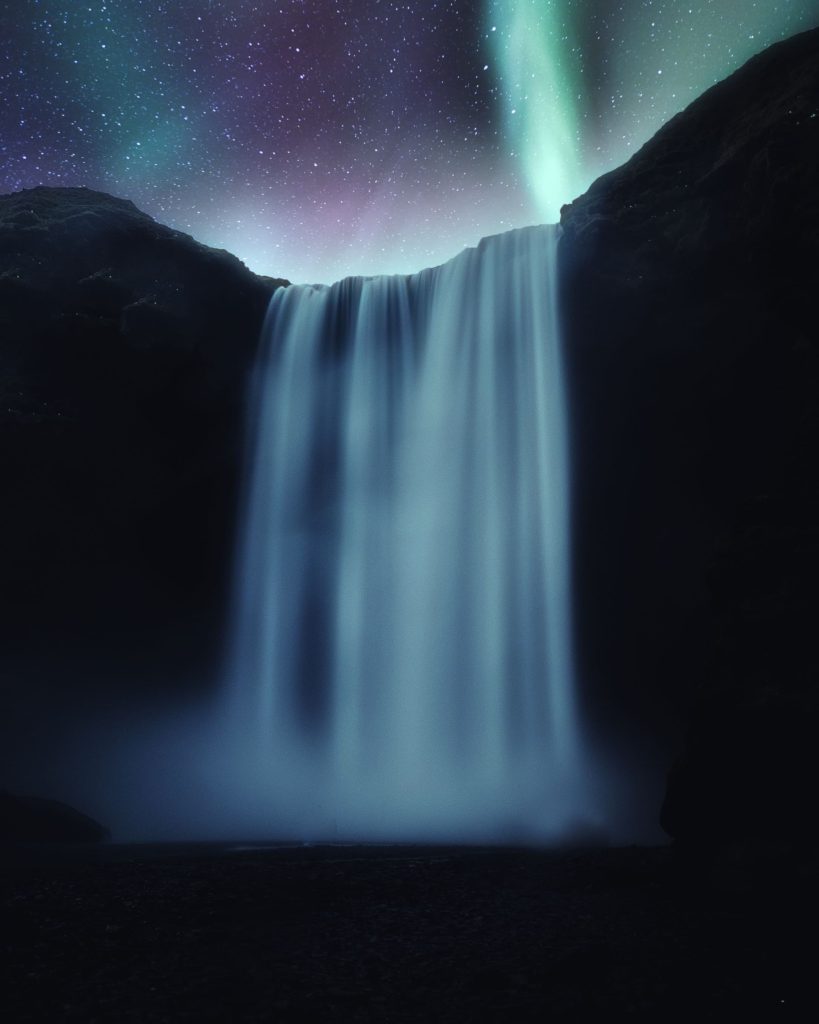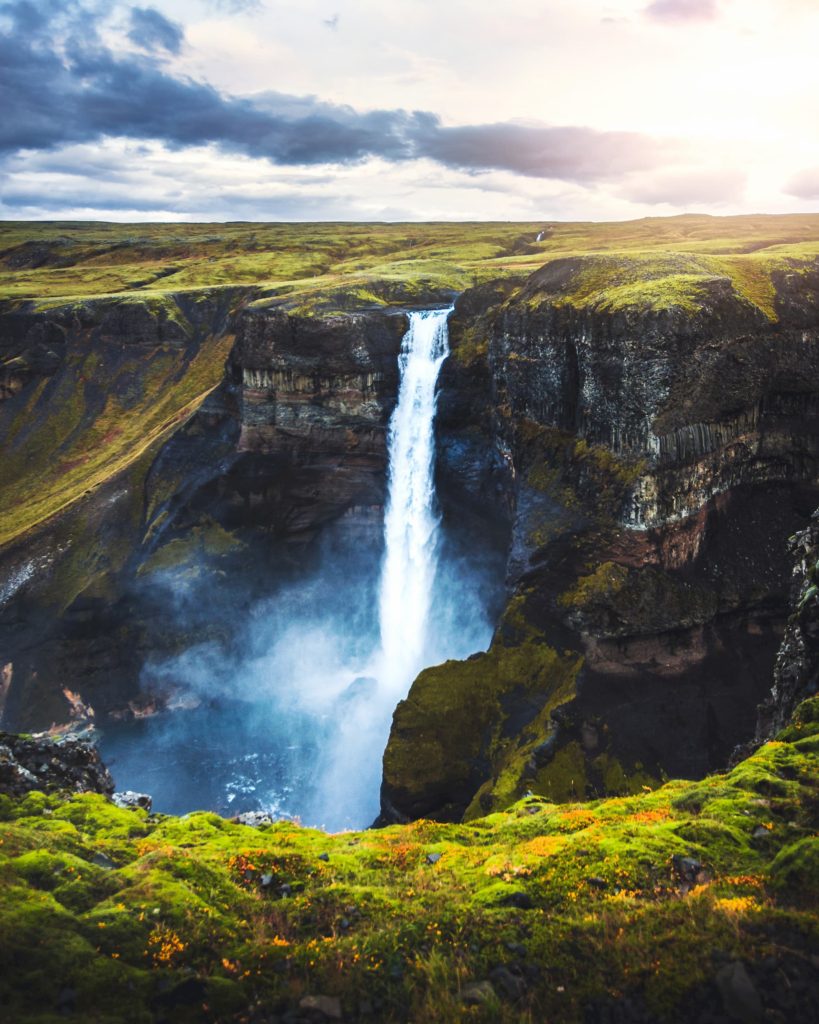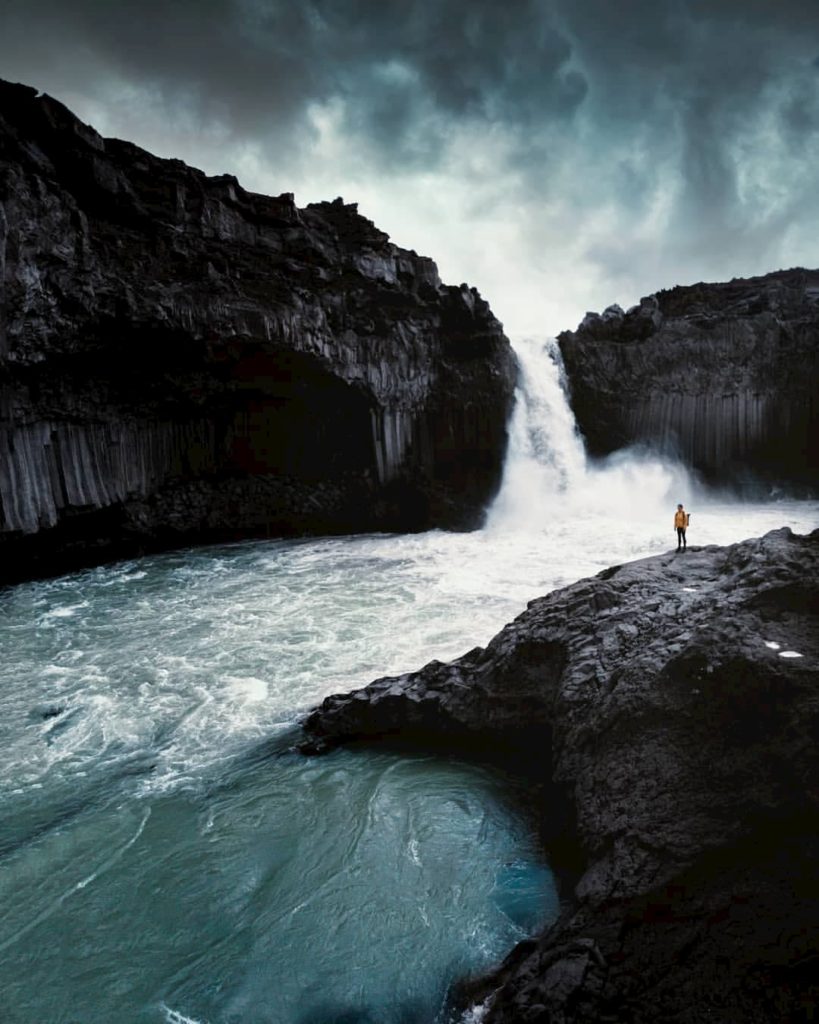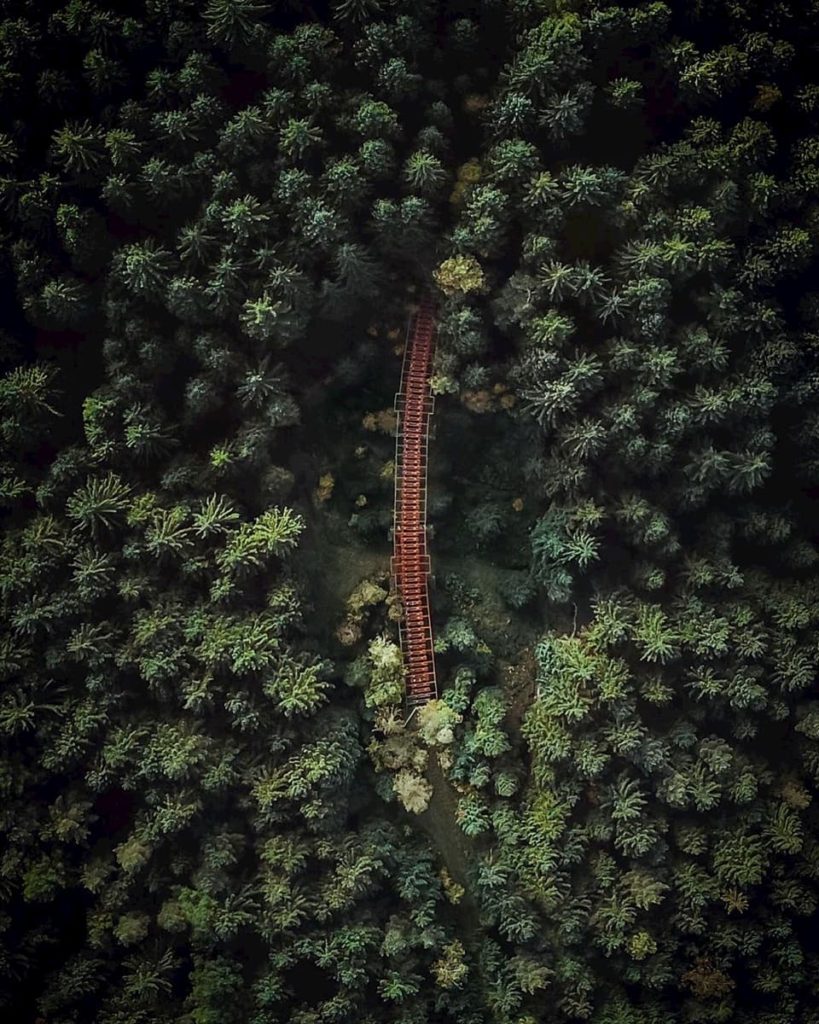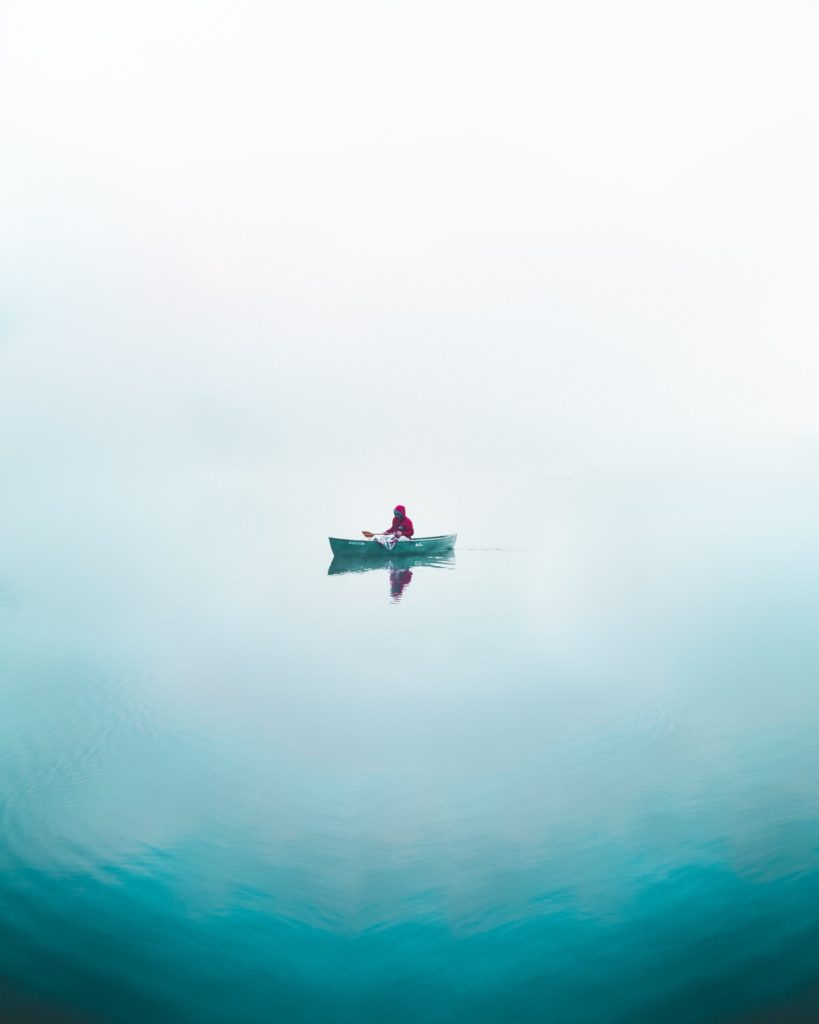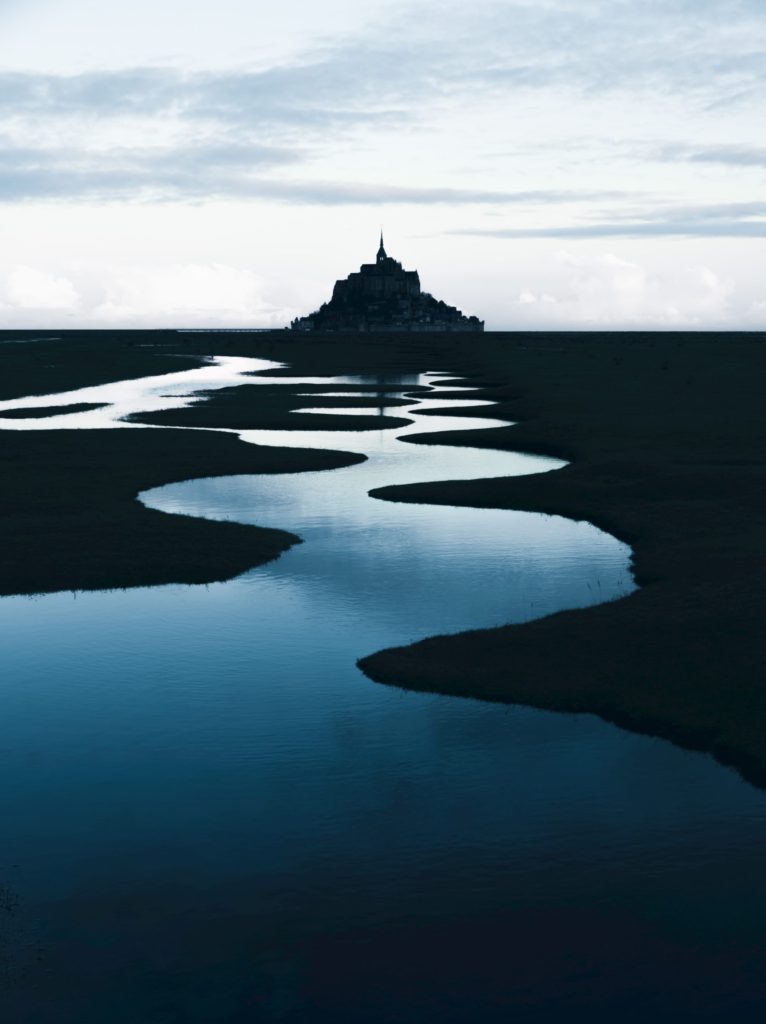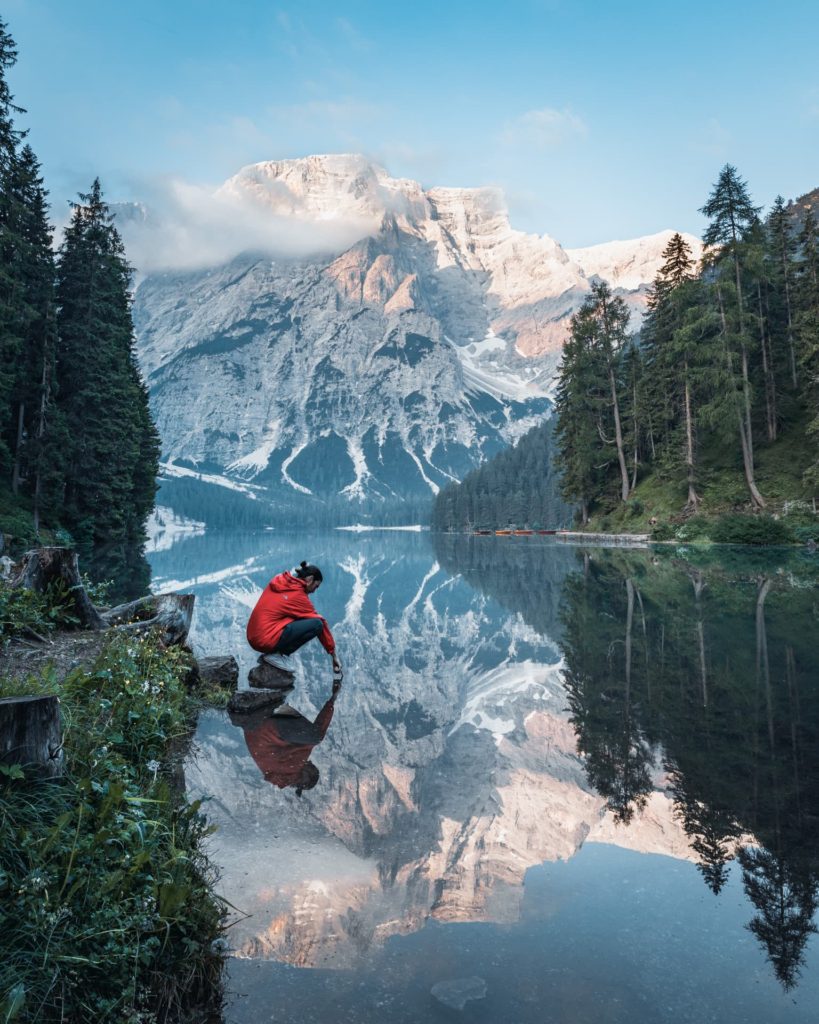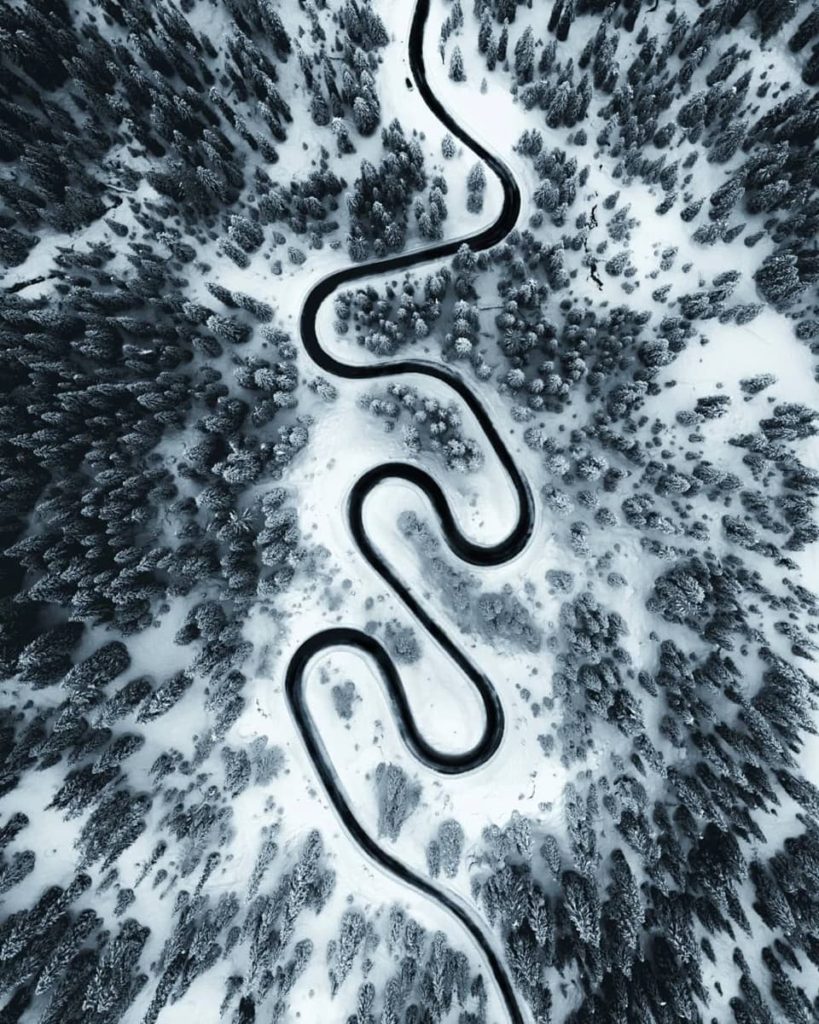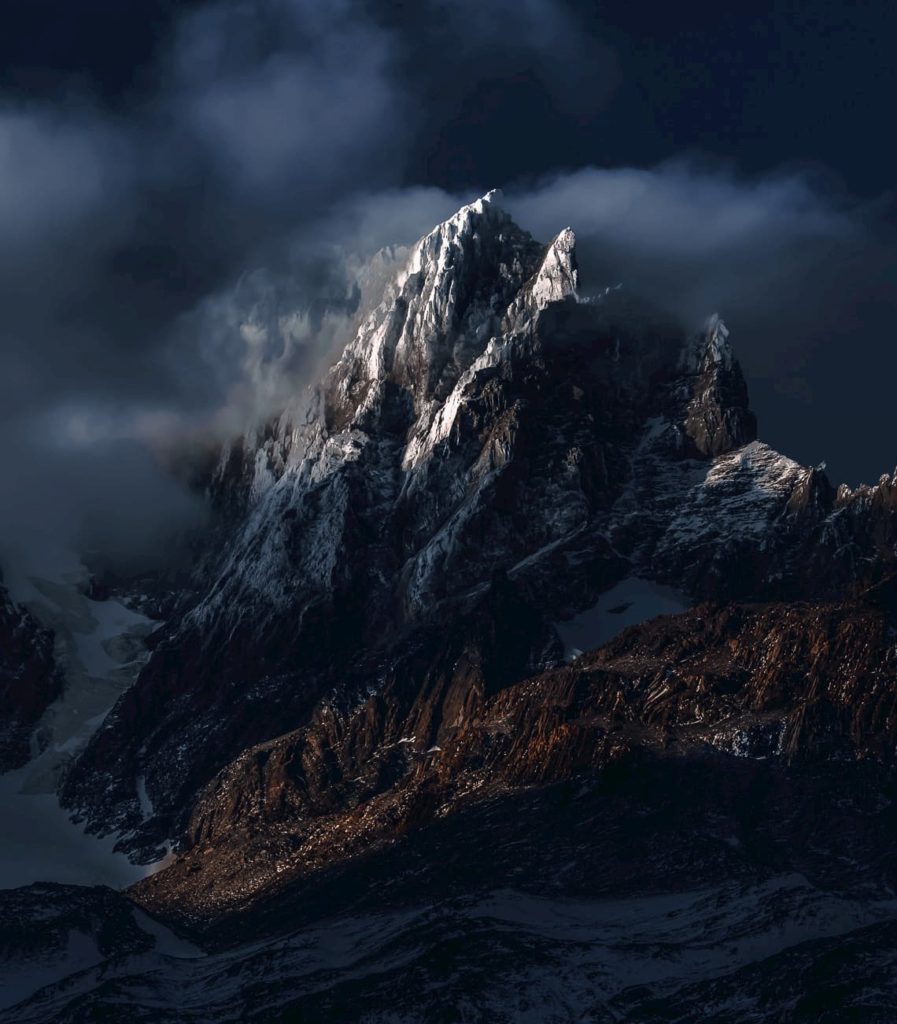
Ghislain Fave
@ghislain_fave
Best of the week 35 at #nomadict 2020
The winning photo was taken in Mercantour National Park, the southernmost part of the Alps, on my first bivouac with my daughter. I chose a really easy hike for this mini adventure, because she is just five years old and I wouldn’t be able to carry her plus the heavy backpack. It’s a quite popular location among local families with a hike duration of less than one hour. I also had planned to shoot the milky way that night and I knew that the lake and mountains would be perfectly aligned with the core of our galaxy.
WINNING PHOTOGRAPH
BEST OF THE WEEK 35
I have always enjoyed the outdoors and mountain adventures, but I used to only do day hikes. During our travels, my wife and I always searched for a reconnection with nature, exploring the wilderness be it forests or mountains, but we had never camped in the wild. Last year, we decided to limit as much as we could our travels by plane and to travel in a more meaningful way; taking time to explore regions nearby and to be closer in contact with nature. It’s not an easy choice to make as most of my life is based on travel – I left my home country to live abroad in Brazil for 10 years and then traveled around Oceania and Asia with my wife and little girl for almost a year. Of all the changes I made to have a more sustainable way of living, this one is definitely the toughest one.
One of the sectors that needs to change right now is the travel industry; it is hit heavily by the current crisis but it’s also one of the main drivers of the climate crisis, being responsible of 8 % of carbon emissions. So I already knew that traveling isn’t sustainable and that the travel industry has to rethink its foundations, but Covid was the confirmation call. I took the lockdown measures as an opportunity to rethink my relation to travel and I finally bought my first tent and camping gear. As soon as the lockdown lifted in France, we started to explore the local mountains.
As this mini adventure in Mercantour National Park was my first day hiking and camping with our little girl, I was a bit afraid that she wouldn’t like it or get tired hiking. It turned out she enjoyed every single moment of it. She was thrilled to hike and to reach a mountain lake, marveled at single details we often don’t even notice as adults (flowers, little insects and so one), got to see her first marmot, felt excited to pitch the tent and she was awed by the view of the night sky. Seeing her first shooting stars was probably the highlight of the trip (though it could also be searching and eating raspberries in the morning).
Doing this mini adventure was a fantastic reminder of how much we need nature. As I really enjoy astrophotography, I’m already used to seeing the milky way and sometimes my approach gets too technical. Sharing that moment with my little one was really special, it really brought back the magic and the mystery of the night sky. That night, I spent more time looking at the sky with her and showing her some constellations than taking pictures.
The night sky is something humans have always been fascinated about. Since antiquity humans are trying to explain the night sky and to understand the place of humans in the universe. When you see a really dark sky and the milky way for the first time, you’re suddenly facing the immensity of space and there’s a lot of emotion being evoked and rushing through your body. Sadly, we are losing that link with the cosmos – one of the side effects of our industrial civilization is the excess of artificial light, especially in cities. Because of that light pollution, many people will never be able to see the milky way. Without that link with the dark sky, we lose that contact with inmensity, and all the philosophical interrogations that come with it.
The light from cities can be seen from a huge distance, so if you live close to a big city, you’ll be able to see only a handful of stars. To have a good view of the milky way, the solution is to go as far as possible from cities. In many European countries, it’s not an easy task as population density is really high. I’m glad we still have some remote areas in the mountainous regions of the South of France. They are some good areas in Southern and Eastern Europe, but the best skies I’ve seen were in remote regions of the US and New Zealand. To find such areas, the easiest way is to check a light pollution map on the internet so you’ll be able to identify the areas less impacted by light pollution and maybe there’s one close to you. The location where I shot this picture is far from city centers and is even located in a “Dark Sky Reserve”. This label identifies regions with excellent night sky quality, that’s where you can have the best stargazing experience.
Nevertheless, my most amazing stargazing experience was that night together with my little girl, who, in all her pureness, reminded me of the importance of putting the camera down to simply contemplate the gorgeous night sky and feel the energy flow through my body.
Would you like content like this sent to your inbox?
BEST OF THE WEEK JULY
BEST OF THE WEEK JUNE
BEST OF THE WEEK MAY
BEST OF THE WEEK APRIL
BEST OF THE WEEK MARCH
BEST OF THE WEEK FEBRUARY
BEST OF THE WEEK JANUARY
NOMADICT
ART GALLERY
THE LATEST STORIES
WRITEN WITH PASSION TO INSPIRE YOU
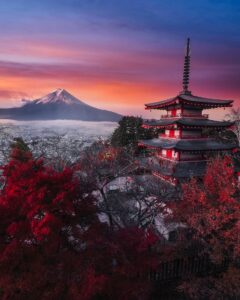
Sebastian Tan (@quetzalcoatlst): Best of the Week 44 at #nomadict
Driven by a desire to witness the world in its rawest states, Sebastian Tan pursues remote landscapes with patience and precision. Blending meticulous planning with resilience, his work transforms fleeting light into immersive fine art. Recognized internationally, Sebastian bridges the wild and familiar, inviting others to see through his lens.
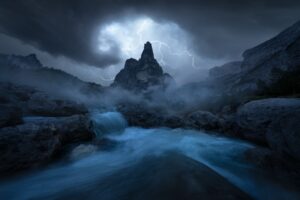
Filip Hrebenda (@filiphrebenda): Landscape and nature photographer
Known for capturing nature’s raw intensity, Filip Breda creates atmospheric landscapes shaped by storm, fire, and light. Winner of the 6th ColorPro Awards for Thunderstorm, his work reflects years of persistence, exploration, and a deep emotional connection to the elements.
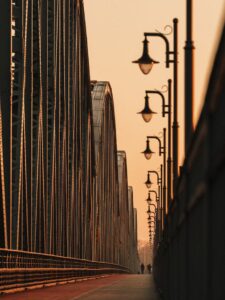
A guide to Toruń, Poland: A golden hour haven for telephoto tales in crimson and gold
Toruń, set along the Vistula River in north-central Poland, is a UNESCO-listed gem where Gothic brick façades glow in the last light of day. Small and unhurried, it’s a city made for slow wandering, and for watching golden hour turn terracotta rooftops into crimson and gold.
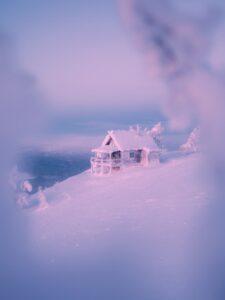
Kasper Rajasuo (@rajasuokasper): Best of the Week 46 at #nomadict
From childhood hikes to award-winning shots, Kasper Rajasuo’s journey is one of rapid evolution and deep connection. In this article, Kasper shares the technical secrets behind his “Santa’s Cabin” winning photo, the four lessons that defined his career, and how he uses color theory to transform harsh Finnish winters into dreamy, serene masterpieces.
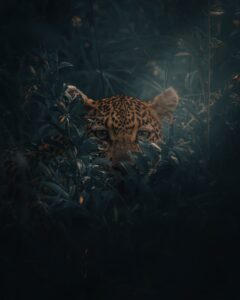
Andy Rider (@andyswildlife): Best of the Week 2 at #nomadict
Andy Rider is a passionate wildlife photographer and filmmaker based in South Africa, dedicated to capturing the raw beauty of nature while raising awareness about conservation. Inspired by legends like Steve Irwin, his journey began as a field guide, where he honed his skills and developed a deep respect for ethical wildlife photography.
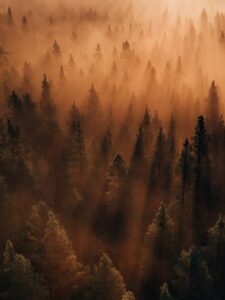
Philipp Pilz (@buchstabenhausen): Best of the Week 43 at #nomadict
In this article, photographer Philipp shares how time, clarity, and consistency have shaped his evolving relationship with nature photography. Drawn ever further north, he writes about embracing uncertainty, working with restraint, and finding beauty even when plans fall apart — including the unlikely story behind his Best of the Week–winning image.
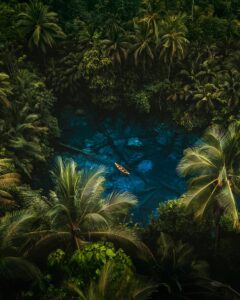
Tom Fähndrich (@tofenpics): Best of the Week 47 at #nomadict
Tom shares the journey behind his winning photography, from a passion for exploration and remote places to field lessons, composition choices, and color grading.
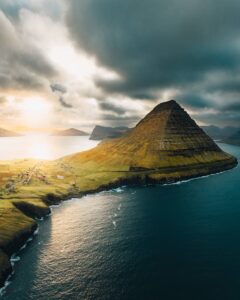
Photo tour in the Faroe Islands
Join us in the Faroe Islands for a unique photo tour, where you’ll elevate your creative skills with expert guidance from Ronald Soethje and Nomadict.
